
YDTech™ suppliers of angular contact zirconia ball bearings,thin wall ball bearings! manufacturers of self aligning ball bearings, angular contact ball bearingsin china.
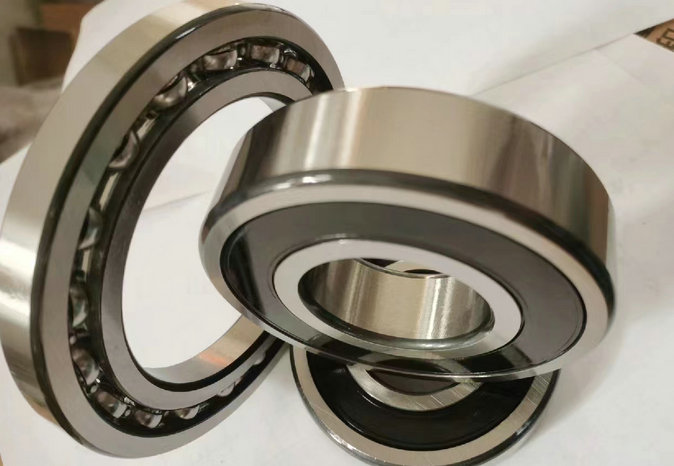
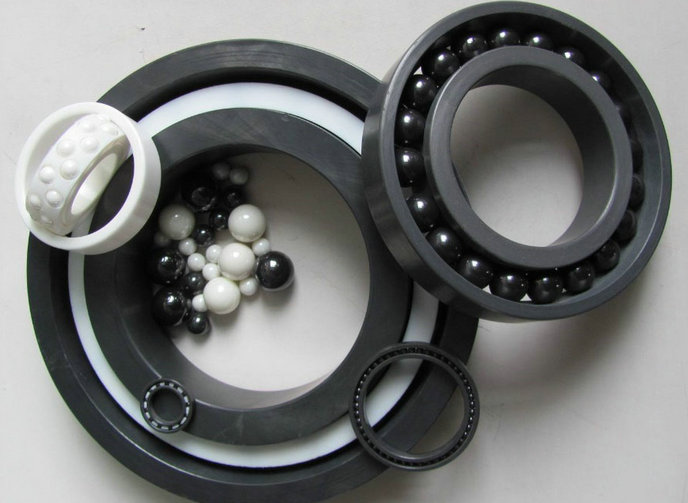
ball bearings can be made from steel, stainless steel, ceramic. the choice of material depends on factors such as load capacity, operating conditions, and environmental factors.
ball bearings is a type of rolling element bearing that uses balls to reduce friction between moving parts and support radial and axial loads. Bearings are essential components in many mechanical systems and are designed to allow for the smooth and controlled motion of various machine elements.
ball bearings consist of a set of spherical balls that roll between two rings or races, an inner race and an ring. the rolling balls reduce friction and distribute the load evenly, allowing for efficient and low friction rotation.
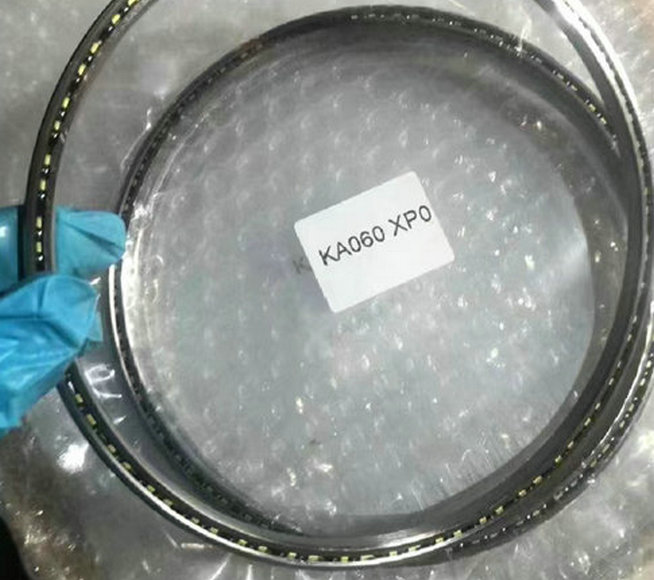
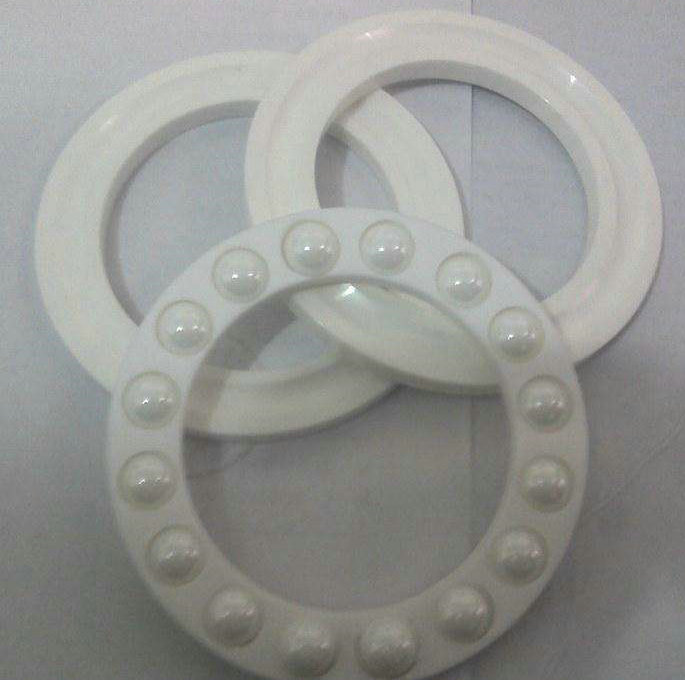
certain applications for bearings are not conducive to using traditional steel. corrosive elements such as water and salt will break down steel very quickly and where electricity or magnetic fields are created the steel will act as a conductor damaging the bearing over time. ceramic ball bearings are pretty much immune to all of these factors making them the product of choice for all bearing applications.
the perfectly smooth surface of the ceramic rolling elements will prevent the microscopic imperfections that cause failure in steel bearings. ceramic ball bearings are also non conductive so they are perfect for use in applications where electricity or magnetic fields are created, and they are non corrosive so they can be submerged in water or salt and not break down.
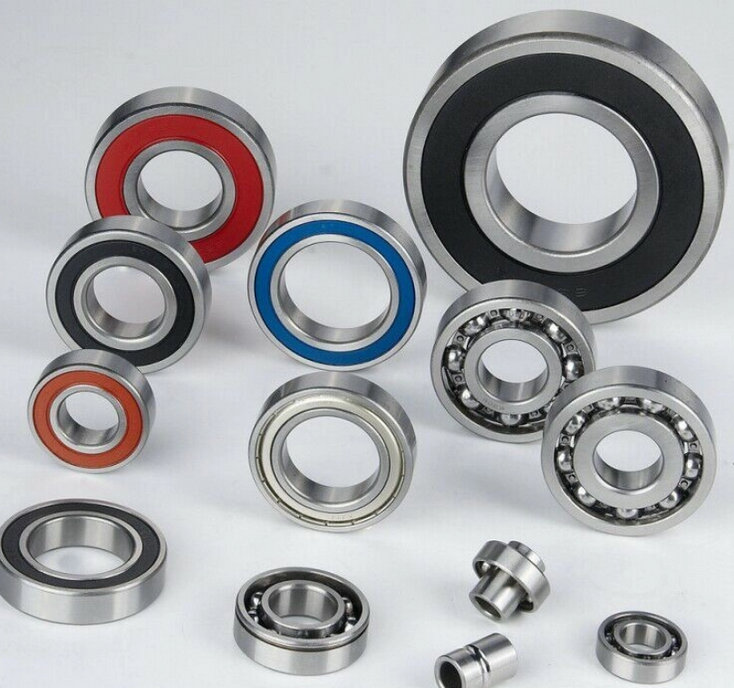
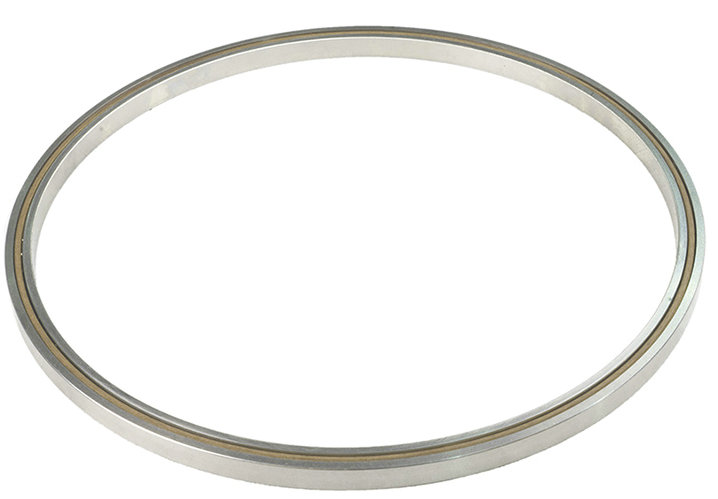
ceramic bearings used in racing are constructed using conventional hardened steel races, but with the steel balls replaced with ceramic balls. we improve them by superfinishing the steel races, then coat the races and the ceramic balls the coating that changes the way lubricants work. the result is the finest ball bearing available, anywhere.
silicon nitride balls are used in processing equipment to improve bearing performance. silicon nitride balls are lighter, stiffer, smoother, harder, corrosion resistant, require less lubrication, and have a lower thermal expansion than their steel counterparts which allow the bearing to run at higher speeds and higher operational temperatures with lower torque. silicon nitride balls are better in oscillation, extreme temperature and are extremely durable.